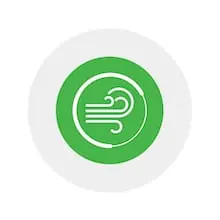Find the terms by letter
PCB Controller
Definition
A PCB controller is an electronic circuit that is used to control the operation of a printed circuit board (PCB). It typically contains a microcontroller, input/output (I/O) interfaces, and power circuitry. The controller can be programmed to monitor and control various functions within the PCB, such as data acquisition, signal processing, and power management. The controller is responsible for timing, sequencing, and controlling the operation of the PCB.
Definition and Description
A Printed Circuit Board (PCB) controller refers to a key component in electronic systems and devices. It consists of a printed circuit board, which is a flat board made of non-conductive material with electrical conductors and connections etched or printed onto its surface. The PCB controller typically houses various electronic components, such as microcontrollers, microprocessors, memory chips, sensors, and interface circuits. The primary function of a PCB controller is to manage and control the operation of the electronic system to which it is integrated. This includes tasks like processing data, executing specific functions, and coordinating the interactions between various components and devices within the system. PCB controllers are fundamental in a wide range of electronic applications, from consumer electronics like smartphones and laptops to industrial control systems and embedded devices. They serve as the central processing unit (CPU) or brain of these systems, directing their functionality and ensuring they operate as intended.



